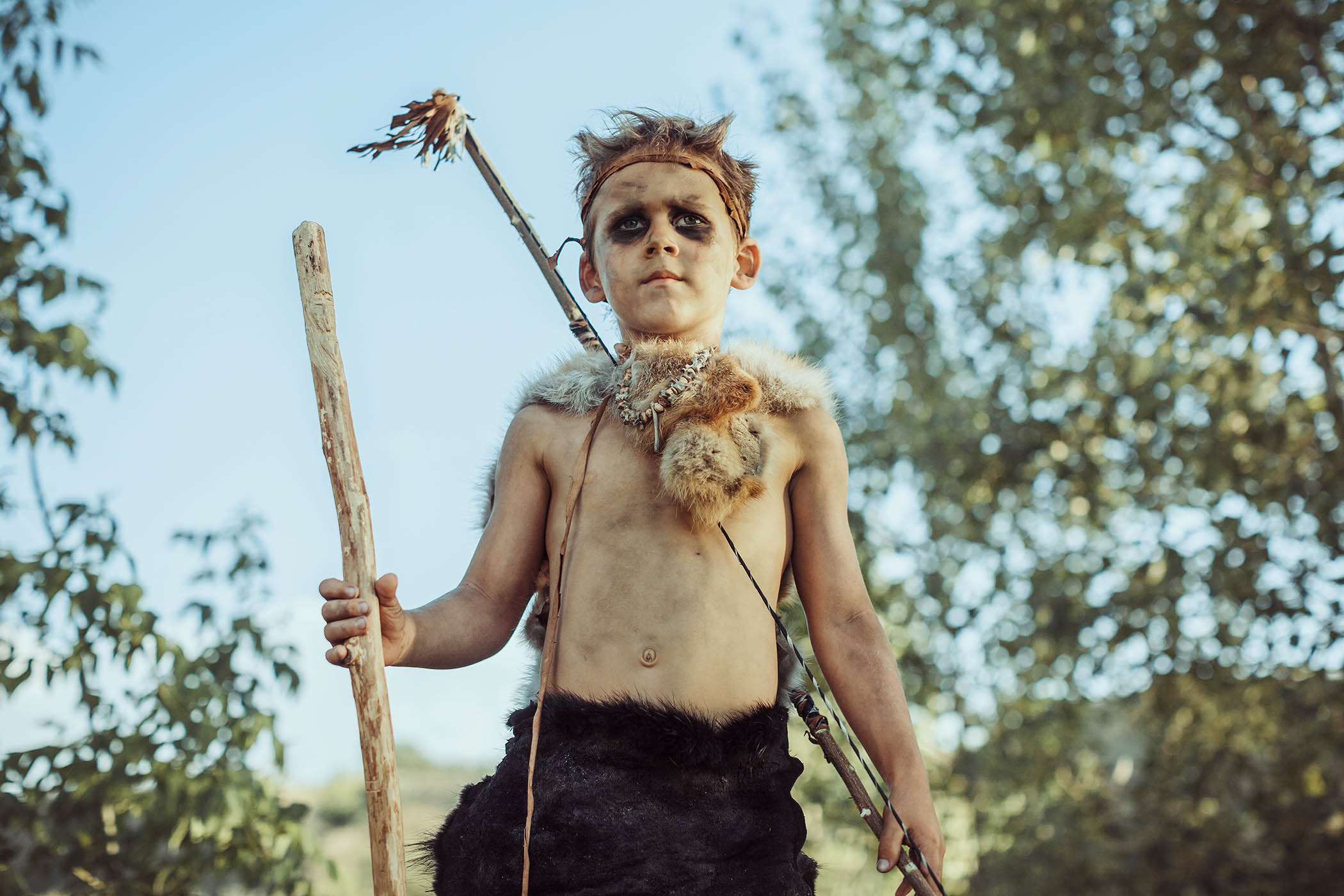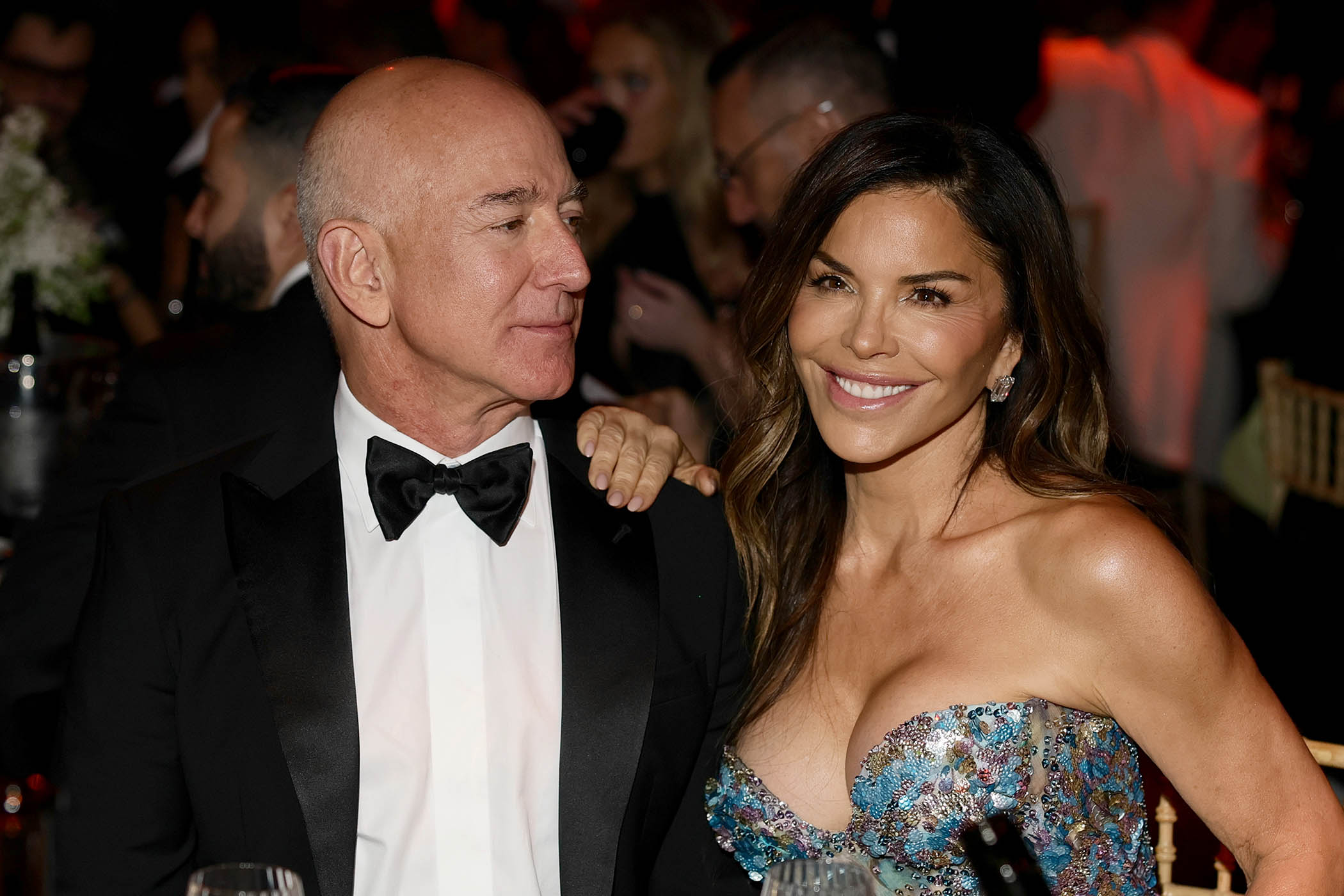My son’s newest book, a time-travel epic he’s writing for school, is intended to showcase his fluency in written English as well as a knowledge of his class’s project on prehistoric human settlements. I abhor spoilers, but will here share a few morsels, so we can build a little hype for preorders when the big publishers come knocking.
Back to the Stone Age is about a seven-year-old schoolboy who gets sucked into his TV while attempting to change the channel. As the title suggests, this has the mildly inscrutable consequence of propelling him back in time. As we read on, we see him surviving by his wits, encountering prehistoric beasts and meeting ancient human ancestors – all while demonstrating that he absolutely remembers the exact materials his teacher told him were used to craft Stone Age implements. I’m biased, but the result is a thrilling and informative first novel that announces him as a vital and urgent new voice in contemporary fiction.
But please don’t just take my word for it: consider this exclusive excerpt from its second chapter, Attack of the Stone Tools. “The people ran after us, but me and the woolly rhino were so fast, they weren’t catching up! I tried to make my ride go faster, but he was too focused on those berries. Curse you, berries! WOOSH! What was that? Something flew past us! Then many more arrows missed us. I gotta say, those guys, whoever they are, have bad aim, man. Bad aim! I don’t hate them, I actually like them for missing us. Anyways, I caught one and I could see that it was made from a stone called flint.”
In my humble opinion, its immediacy of action, deft balance of humour and tension and brilliantly subtle incorporation of knowledge pertaining to the crafting of stone tools have everything that made Kazuo Ishiguro’s The Remains of the Day the worthy winner of the 1989 Booker prize.
The only thing I love more than reading my son’s writing is watching him write. Most parents will have experienced that vertiginous sense of seeing themselves or their own childhoods in their kids’ behaviour. Since my son, with his pale, freckled skin and mop of red hair, looks quite a lot like me, seeing him laughing and gasping as he clutches his pen and makes stories from nothing is as close as I’ll ever come to time travel without being sucked into the TV while attempting to change the channel.
For I, too, was a precocious writer. I tell him that when I was his age I was just as obsessed with writing – stories, poems, essays, book reviews – anything I could, and I’d sit in class or at home for untold hours, my tongue sticking out of my mouth a little – prompting him to notice he does the same – completely lost to the world.
Sometimes, of course, I’d get a little too lost. “Like time travel?” he asks, but I cut him off because, finally, this column is about me.
When I was seven, I tell him, my lovely teacher, Sister Veronica, told us to write an article about “world cultures” for school over the weekend. Unfortunately, I only remembered this late on Sunday so, in a panic, I made up something called the Icelandic Fish Festival, in the hope that she’d be none the wiser. I stayed up all night making sure the essay delivered on this premise – but, as it got later and later, I became a bit more unhinged. My writing became filled with asides and personal reportage. I may have quoted “the King of Iceland”, as if he’d spoken to me personally. At this, my son is laughing so hard, snot is coming out of his nose.
I don’t remember a lot about the Icelandic Fish Festival, other than the fact it lasted several months and involved everyone eating, and dressing as, fish. Some of it was written in the present tense. Was I at the festival? Did I go every year? Who’s to say? This was eight pages long. My son is now hopping on the spot.
The next morning, I woke up with pen on my face, gathered the sheets of my report like an architect in a romcom, and brought it in. Sister Veronica seemed utterly bemused when I handed it to her, and not merely because this was a completely insane report about a very clearly made-up festival.
You see, I tell him, the second I handed it to her, I realised she’d not asked me to write it at all. I had dreamed that she had, which meant I’d just composed this demented memorandum for no reason at all.
Not knowing what else to do, she smiled and said she would read it out to the whole class. For the first time in my life, I pleaded with her not to showcase my work, but she insisted. And so I watched as my classmates, a roomful of Northern Irish seven-year-olds so genetically sarcastic as to be basically evil, said… nothing, quite possibly out of fear for my mental state.
As my story ends, my son is practically hyperventilating. I can see he considers me, too, an urgent and vital voice in literature. But my trip back in time has me asking one, much more serious question of him as he picks up his pen and gets back to the Stone Age: “Are you sure you were asked to write this?”
Photograph by Getty Images
Newsletters
Choose the newsletters you want to receive
View more
For information about how The Observer protects your data, read our Privacy Policy


